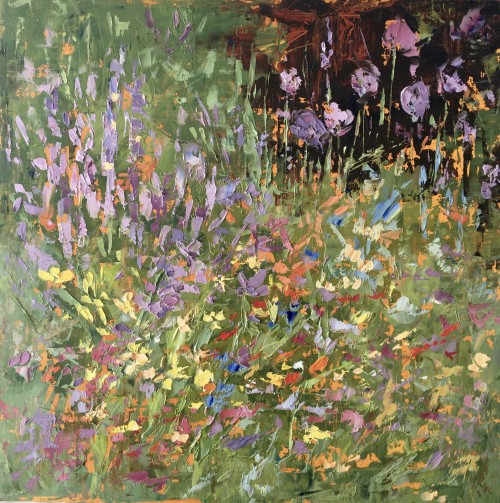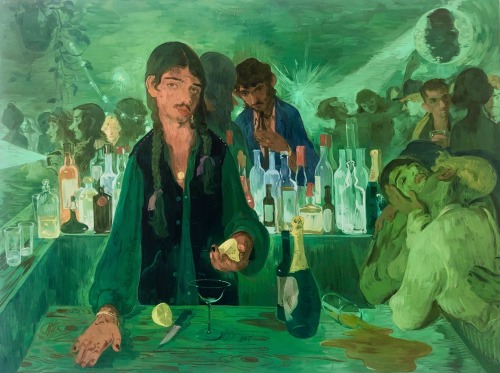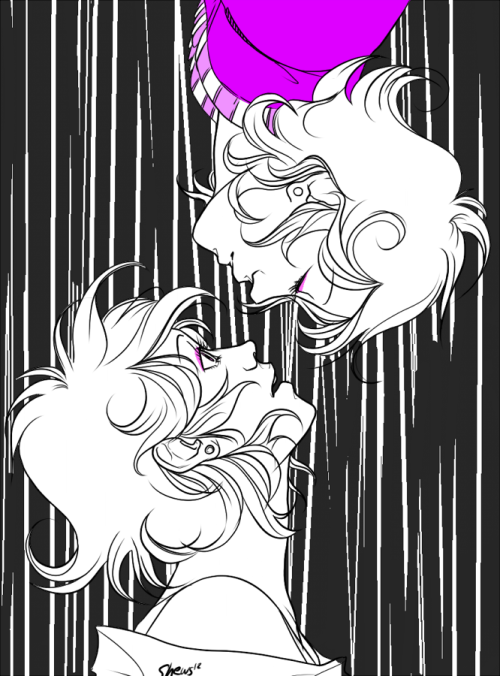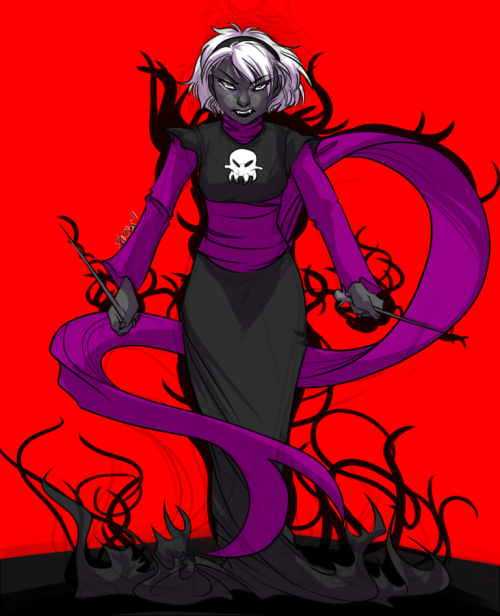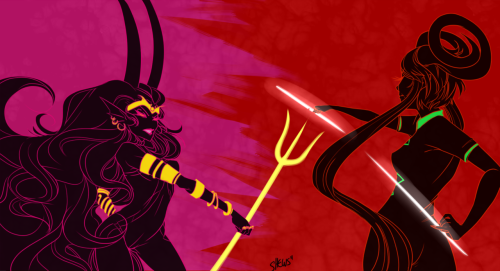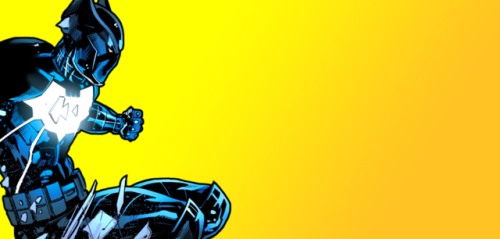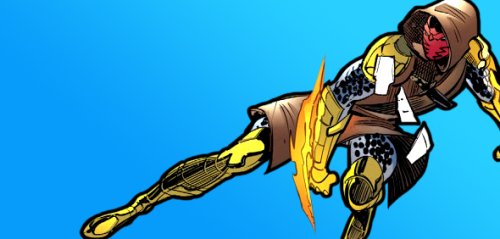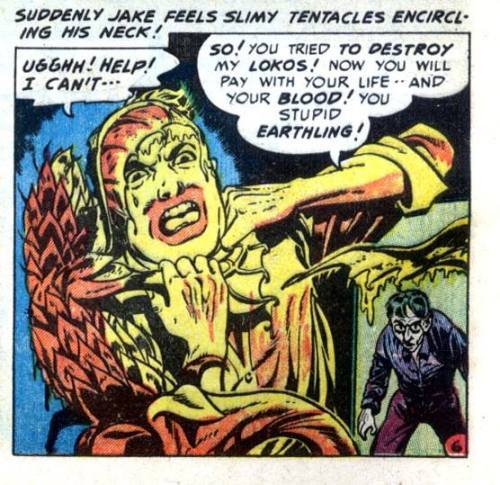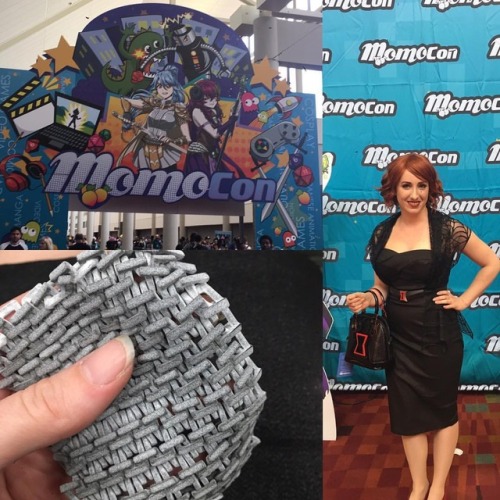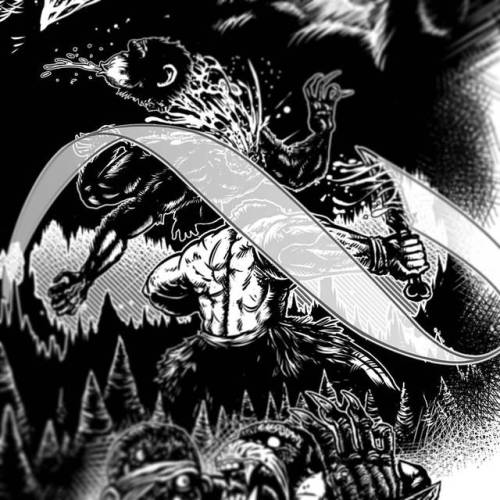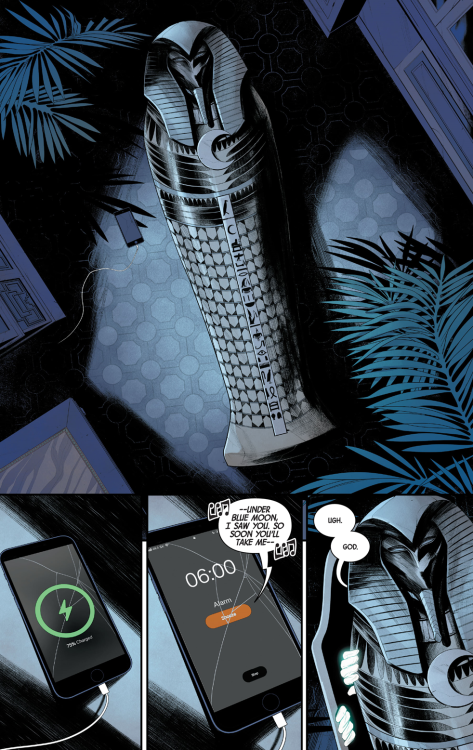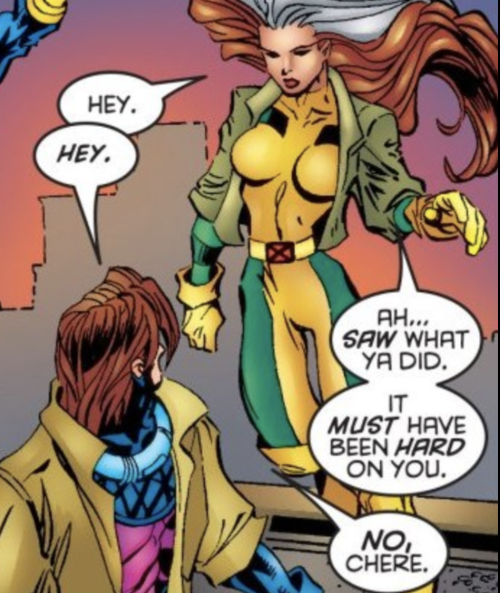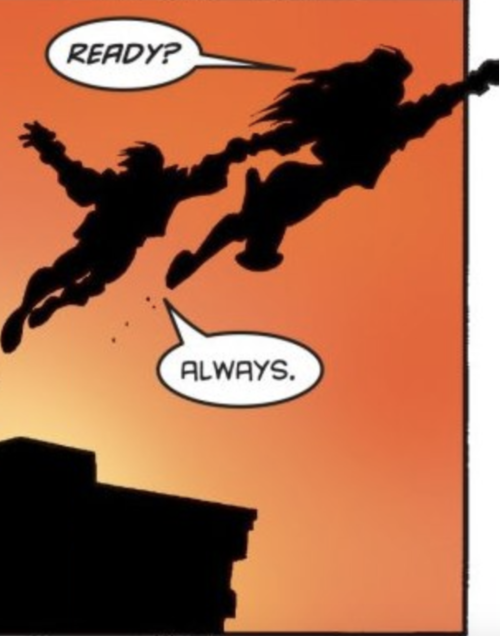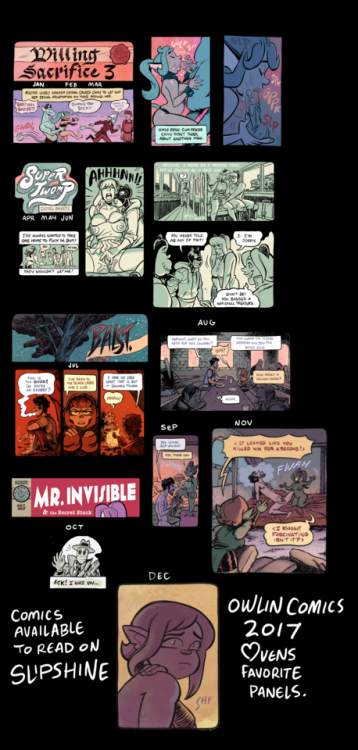#panels
Sandra Pratt (American, b. 1978, Chicago, IL, USA, based Houston, TX, USA) - Garden Flowers, 2021, Paintings: Oil on Linen Panel
Post link
Salman Toor (Pakistani, b. 1983, Lahore, Pakistan, based Bushwick, Brooklyn, NY, USA) - The Bar on East 13th, 2019, Paintings: Oil on Panel
Post link
Jacob Dhein (American, b. 1978, WI, USA, based San Francisco, CA, USA) - Morning on Kearny Street, Paintings: Oil on Panel, Private Collections
Post link
Having an awesome time today at @momocon so glad I was able to get the chance to come today before I head back to Los Angeles for good tomorrow. Highlights we’re definitely @gstqfashions (who I’ve admired from afar) panel on sewing machines, props and 3dprintinh panels by @jarmanprops and @thefarmicist #momocon #props #3dprinting #panels #blackwidow #marvel #casualcosplay #ardawigs
Post link
It goes, it goes, it goes…
.
.
.
.
.
#KURU #kurukave #panels #wooshin #comicpage #comicpanel #ape #chimpattack #chimpanzee #independentcomics #indiecomics #horrorcomics #mangastudio #mangastudioex5 #comics #art #blackandwhite #horror #clipstudiopaint #clipstudiopaintpro #madewithwacom #supportindiecomics
Post link
Moon Knight #4 - “Blackmail” (2021)
written by Jed MacKay
art by Alessandro Cappuccio & Rachelle Rosenberg
Post link
The Sandman Universe: Nightmare Country #1 - The Dreaming (April 12, 2022)
writer:James Tynion IV | artist [penciller & inker]: Yanick Paquette | colorist: Nathan Fairbairn | letters: Simon Bowland | editor(s): Chris Conroy and Andrea Shea | publishing company: DC Black Label [DC Comics]
Post link
TogtherCon 2022 is almost here!
TogetherCon 2022 is almost here! An article by @ThiatheBard with some updates about the con!
#virtualconvention #togethercon
TogtherCon 2022 is officially just right around the corner! Panels have been finalized. Participants are being notified. This is the final stretch before we open the virtual doors for the weekend.
This is a very busy time. Vendors will be setting up their virtual tables. The finishing touches are being administered. Everything is being tested and perfected. We cannot wait to share everything…

TogtherCon ‘22!
Time to get excited about TogetherCon '22! @ThiatheBard
#togethercon #virtualconvention
This year’s TogtherCon is fast approaching. The Real Women of Gaming staff are exhilarated as we get closer to what will be a fantastic weekend. Last year was so full of laughs and good times! This year will be just as fun. We are working hard to ensure it. However we here on staff do need some help. We still have spots open for panels and workshops.
If panels and workshops aren’t for you then…
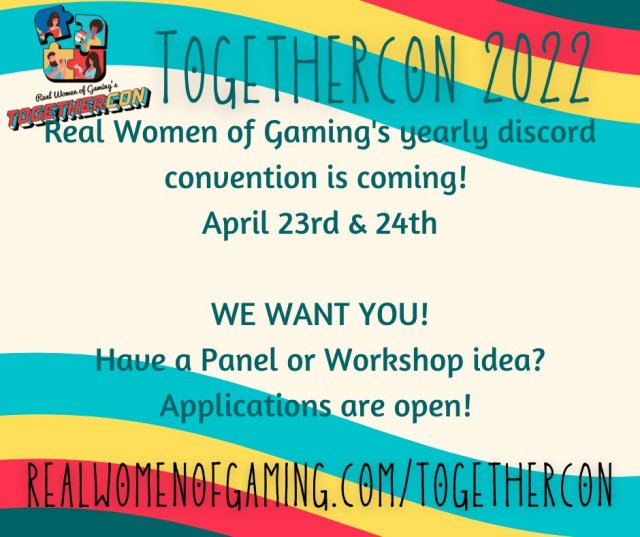
Picked my favorite panels from this Year’s comics haul! I couldn’t choose any of the special splash pages or spoilery panels, but I’m happy with all of these comics. There’s so many exciting things coming our way for 2018.
Finally wrapped this first Balst collection. I loved experimenting with layouts and templates this year. I strengthened a lot of core art muscles and my story telling abilities. This continues to be my favorite way to end the year, looking back at the growth and looking for what to improve on.
Despite the soul crushing year that was 2017, I’m very optimistic about this next year with my art.
Post link
There seems to be a major disconnect about what it means for a conference to have disability representation. I’ve seen a version of this happen a number of times:
- A panel on diversity or social justice has no disability representation.
- No panelist talked about disability as a justice/diversity issue, or even alluded to disability experience.
- A disabled person points out the problem to the organizers.
- The organizers say something to the effect of “Actually, one of the panelists has [some disability or other]”.
Organizers are sometimes genuinely confused about why this isn’t a solution, and I’m realizing that this is in part because “representation” means at least two different things:
Sometimes representation just means diversity of panelists, ie:
- There need to be panelists who are disabled (and in many context, there need to be panelists who are *openly* disabled).
- This is important in part because when there are no openly disabled people on a panel, this is often a sign of disability discrimination.
- (Especially if there are no disabled people on *any* panels at a conference, or there are only disabled panelists on disability-focused panels.)
- In some contexts, diversity of panelists is enough.
Sometimes representation means literally being a representative of a community or movement:
- Sometimes it’s not enough to have diverse panelists. Sometimes it’s necessary to have panelists who can represent other disabled people by speaking on behalf of an organized disability community or movement.
- In many contexts, there need to be panelists who can speak from a position of expertise about disability issues.
- For instance, if the topic of the panel is intersectional activism or collaborating across movements, you need someone who can represent at least some part of the disability activist community.
- Diversity of identity is not enough in this case, because having an identity is not the same as representing an organized advocacy community.
- Being disabled does not in and of itself make someone a well-informed representative of the organized disability rights community.
Sometimes conferences forget that disability is a justice issue, and neglect to book anyone who can address disability as a justice issue, eg:
- A conference holds a panel on intersectional advocacy called “Showing up for each other: Owning our privilege and leaving no one behind”.
- The panel consists of an LGBTQ group, an anti-racist group, an economic justice group, and a feminist group.
- None of the panelists are disability rights leaders.
- None of the panelists talk about disability rights issues.
- None of the panelists even talk about their own disability experiences.
- On a panel about intersectionality and showing up for each other, disability issues are completely overlooked.
- Even if one of the panelists happens to have a disability or medical condition, this is still a problem.
- (Especially if the organization holding the conference has a consistent pattern of overlooking disability issues.)
- In this case, something has gone badly wrong and the conference needs to make an immediate plan for making sure it doesn’t happen again.
Sometimes conferences forget that diversity still matters when the topic isn’t disability or general intersectionality:
- Not all disabled activists are disability rights activists.
- Some disabled activists are focused primarily on other issues.
- Eg: Some disabled activists are leading LGBTQ rights projects; some disabled activists are leading anti-racist organizations.
- If disabled activists presenting about disability are the only disabled presenters at your conference, something has probably gone wrong.
- If there are no disabled people presenting on any other topics, it’s important to think about what they is and what could be done to fix that.
Sometimes conferences forget that the disability community is diverse:
- Many disability rights activists are also marginalized in other ways.
- Many disability rights activists are also women, gay, trans, black, poor, Jewish, Muslim, immigrants, several of these, or otherwise multiply marginalized.
- Eg: If all of the disability rights activists presenting at a conference are straight white Christian men, something has probably gone wrong.
- If the range of disabled presenters at a conference doesn’t reflect the diversity of the disability community, it’s important to think about why that is and what could be done to fix that.
Here’s an example of representation in both the diversity sense and the community representative sense:
- There’s a writing conference or a comic conference or something.
- Access needs are met in ways that make it possible for disabled people to go to the conference and present at the conference (without facing insurmountable or humiliating barriers).
- General panels about diversity have disabled panelists knowledgable about disability issues.
- Panels that are specifically about disability are lead by disabled panelists.
- Many panels about topics *other than* disability have panelists with disabilities on them, in numbers that reflect the fact that disability is common.
- Some disabled panelists on panels about topics unrelated to disability/diversity talk about disability and some don’t.
- (Because not all disabled people are or want to be disability advocates.)
Tl;dr Representation on panels means at least two things. Sometimes it means a diverse range of panelists; sometimes it means panelists who literally represent a diverse range of communities. Scroll up for reasons this matters, and what problems can be caused when only one type of representation is considered.

